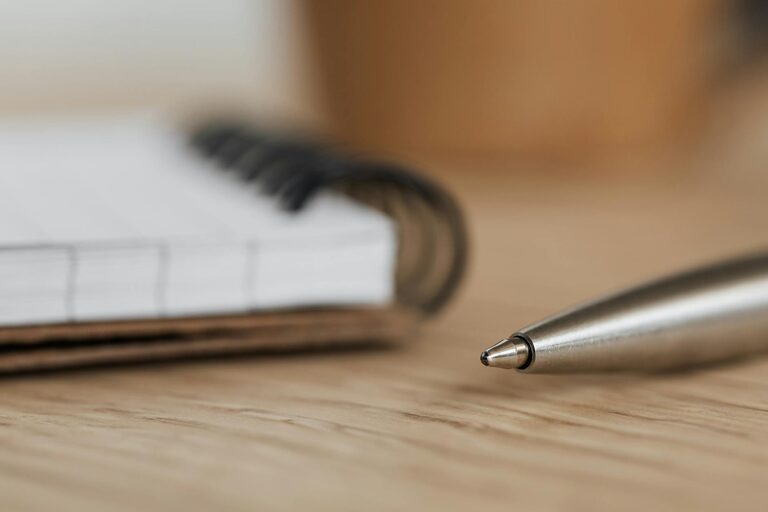
Managing your money doesn’t have to be complicated or overwhelming. By adopting simple budget habits, you can take control of your finances and build a foundation for a more secure future. Whether you’re new to budgeting or looking to improve your current routine, these practical tips will help you save money and stay on track every day.
Why Simple Budget Habits Matter
Creating a budget sounds like a big task, but small daily habits make a huge difference over time. Good budgeting helps you:
– Avoid unnecessary debt
– Plan for future expenses
– Manage emergencies with ease
– Achieve financial goals, like travel or home ownership
When these habits become part of your daily life, budgeting feels less like a chore and more like a natural routine.
1. Track Your Spending Daily
Knowing where your money goes is the first step in budgeting. Instead of waiting to check bank statements at the end of the month, try recording your purchases every day.
How to Track Spending Easily
– Use a budgeting app on your phone
– Keep a small notebook in your bag or pocket
– Set a reminder to review and log expenses each evening
By tracking daily, you stay aware of your spending patterns and can spot areas to cut back quickly.
2. Set Realistic Spending Limits
After understanding your monthly income and expenses, create spending limits that fit your lifestyle.
Tips for Setting Limits
– Divide your income into categories like groceries, entertainment, and transportation
– Allocate a specific amount for each without being too strict
– Review your limits monthly and adjust as needed
Having clear boundaries prevents impulse buys and helps you make thoughtful choices.
3. Practice the 24-Hour Rule Before Purchases
Impulse shopping can derail any budget. Introducing a simple rule—waiting 24 hours before making non-essential purchases—gives you time to evaluate if you really need the item.
Benefits of Waiting
– Avoids regretful purchases
– Gives time to find better deals
– Helps you prioritize needs over wants
This habit encourages mindful spending and reduces clutter.
4. Plan Your Meals and Shop with a List
Food expenses can take a big chunk of your budget, especially with last-minute meals or takeout. Planning meals ahead saves money and reduces waste.
How to Start
– Create a weekly meal plan
– Write a shopping list based on your plan
– Stick to the list when shopping
Meal planning can also improve your health and free up time during busy days.
5. Use Cash for Discretionary Spending
Using cash for non-essential spending, like dining out or entertainment, helps limit how much you spend.
Why Cash Helps
– Physically seeing money leave your hand creates awareness
– Once the cash is gone, you know you’re done spending for the period
– Reduces the temptation to overspend compared to debit or credit cards
Withdraw a set amount weekly for these expenses to keep better control.
6. Automate Savings for Stress-Free Growth
One of the easiest ways to build savings is by automating transfers to a savings account.
Tips for Automating Savings
– Set up your bank to transfer a fixed amount each payday
– Treat savings like a bill that must be paid
– Start small if needed, then increase as you can
Automating removes the effort and keeps saving consistent without extra thinking.
7. Review Your Budget Weekly
Spending habits shift, and life changes happen. Make it a habit to review your budget every week.
What to Look For
– Did you stay within your spending limits?
– Which categories went over or under?
– Opportunities to save more or cut costs
Regular check-ins keep you aware and motivated.
8. Cut One Small Expense at a Time
Instead of trying to overhaul your entire budget, pick one small expense to reduce or eliminate each month.
Quick Ideas to Try
– Brew coffee at home instead of buying it
– Pack lunch instead of eating out
– Use coupons or discount codes when shopping
– Cancel unused subscriptions
Over time, these small cuts add up to big savings.
Final Thoughts
Building simple budget habits doesn’t require drastic changes or complicated tools. Start small, track your progress, and be patient—consistency is key. With these everyday habits, budgeting becomes an easy, stress-free part of your life that helps you achieve your financial goals.
Remember, every little step counts in your journey to better money management. Why not start today?



